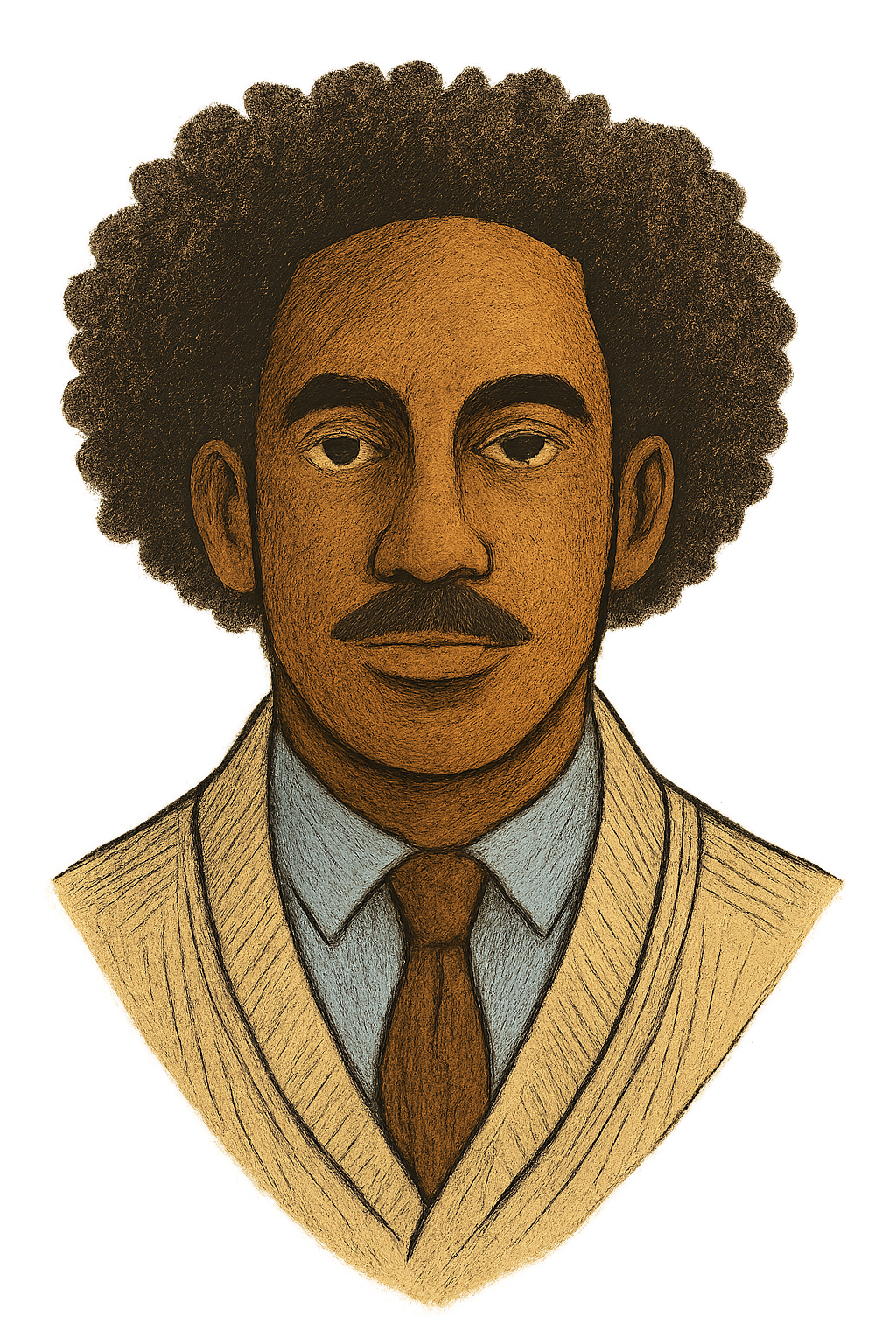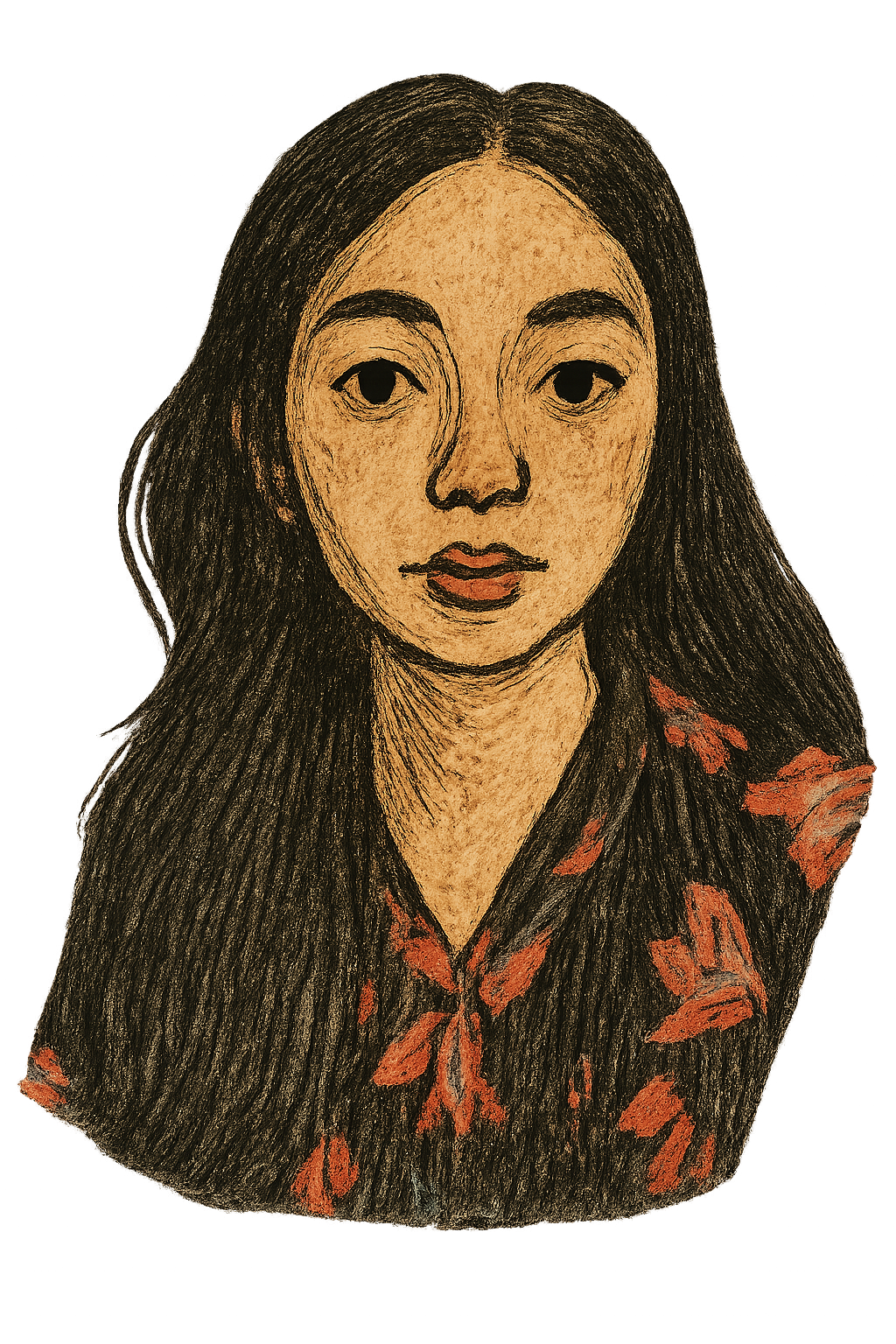WE’RE BRINGING THE COMMUNITY HERE

The Center for Cultural Humility (CHUM) is a 501(c)(3) nonprofit entity based at the University of California Berkeley. Launched in 2021, CHUM aimed to become an artistic, evidence-based platform and strategic collaborator in trainings and programming for the development of culturally responsive practice, research, and policy. Recognizing the vital role that evidence-based science can play in addressing social, economic, and health issues across the world, CHUM seeks to break down silos between the private and public sectors and the general public, by facilitating engagements that illuminate, amplify, and leverage the strengths and skills that are present in every community.
The mission of CHUM is twofold: First, using our backgrounds as researchers, practitioners, and visual artists, we seek to create deeply interactive, evidence-based trainings that provide opportunities for a wide array of individuals to learn the fundamentals of culturally humble mentalities and actions. Second, we aim to provide individuals with the impetus and tactical resources to be purposefully and ethically engaged with those who are not like them, inside and outside of their professional work.
Our core tenets are cultural responsiveness and cultural humility, two paradigms that are deeply intertwined. Policies and programs that advocate for and address the needs of those that they aim to serve, in consideration of that population’s cultural experiences and needs, are culturally responsive. Cultural humility, in turn, is the quality of being thoughtful, measured, and dynamic in engaging people from cultures different from one’s own–whether that be in terms of race, ethnicity, class, sexual orientation, gender expression, religion, etc. To be responsive to the needs of diverse populations, one must be open to understanding and processing differences in experiences and values across cultural groups and be engaged in how these experiences and values come to be. This PDF provides more info about CHUM!
WHAT WE OFFER
CHUM offers multiple types of programming, including immersive, visual arts-infused trainings, community-building spaces, and consultation services. Our services are imbued with principles of Community-Based Participatory Research (CBPR), which emphasizes the purposeful and deep engagement of communities in practice development processes. We have multifaceted, evidence-based trainings for: Cultural Humility, Anti-Racism, Trauma-Informed Care, Restorative Justice, Community-Based Participatory Research Training, and Citizen Science. We also provide “Train The Trainer” supplements for all of our trainings. All of our programs are curated and led by individuals who have done extensive community-based research and program implementation. Moreover, in keeping with CBPR principles, our trainings and services are designed in meaningful collaboration with our local communities. As part of our community events, we invite speakers who are advocates and/or practitioners of culturally responsive engagement to speak about their work and articulate pathways for action on equity matters. In keeping with the vision of CPBR, we heavily involve communities in the process of curating these events.
Our in-person trainings and events take place around the world.

OUR TEAM
CHUM is guided by a rotating mix of permanent and project-specific staff, including culturally responsive trainers and outreach specialists with deep experience in community-based practice and research, with disciplinary influences from the fields of public health, social work, medicine, clinical psychology, public policy, and sociology. Our core operations team is based at the University of California Berkeley.
Dr. Jerel Ezell, PhD, MPH
Executive Director + Lead Trainer + Assistant Professor
Community Health Sciences, University of California Berkeley
Berkeley, California
Email: jezell@berkeley.edu
Dr. Sugy Choi, PhD, MPH
Director of Strategy and Partnerships + Lead Trainer + Assistant Professor
School of Medicine, Population Health, New York University
New York, New York
Email: sugy@humilitycenter.org
Publications From Our Trainings and related Research
Below are some publications that speak to the models and approaches adopted in our trainings and programming in relation to topics including cultural humility, trauma, anti-racism, stigma, strengths-based care, and community engagement. Please contact us if you need help accessing these materials.
- Ezell JM, Choi S, Scales D. Reimagining the Role of Communication in Medical Consensus to Address Medical Mistrust and Disinformation. Science Communication. 2025 May.
- Ezell JM, Simek E, Ajayi BP, Walters SM, Pho MT. Exploring strengths-based approaches in substance use research and practice: How do people who use drugs express their attributes and capacities? Harm Reduction Journal. 2024 Feb.
- Ezell JM. Rethinking and Reinforcing Cultural Humility Against the Culture Wars: A Framework For Addressing Receptivity to Diversity Initiatives. Medical Education Online. 2024 Feb.
- Ezell JM. Moving Health Policy Research Toward A Community-Engaged Research Standard. Health Affairs Forefront. Sep 2023.
- Ezell JM, Pho M, Jaiswal J, Ajayi BP, Gosnell N, Kay E, Eaton E, Bluthenthal R. A Systematic Literature Review of Strengths-Based Approaches to Drug Use Management and Treatment. Clinical Social Work Journal. 2023 Sep;51(3):294-305.
- Stewart R, Ezell JM. Understanding Perceptions, Barriers, and Opportunities around Restorative Justice in Urban High Schools. Urban Education. 2022 Aug 9:00420859221119110
- Ezell JM, Alsmadi I, Gosnell N, Kaur A. The racial and cultural ecology of Home and Community-Based Services coordination for diverse homebound older adults. Journal of Aging Studies. 2022. 61,101023.
- Ezell JM, Torres-Beltran A, Hamdi S. Defining and finding an endgame in education on race. Power and Education. 2022 Mar.
- Ezell JM. The medicalization of freedom: how anti-science movements use the language of personal liberty and how we can address it. Nature Medicine. 2022; 28(2), 219.
- Ezell JM. Environmental health capital: A paradigm for environmental injustice prevention and truth and reconciliation. Local Environment. 2022; 27(2), 131-141.
- Ezell JM. “Trickle-Down” Racial Empathy in American Higher Education: Moving Beyond Performative Wokeness and Academic Panels to Spark Racial Equity. Journal of Education. 2021 Dec.
- Ezell JM, Salari S, Rooker C, Chase EC. Intersectional Trauma: COVID-19, the Psychosocial Contract, and America’s Racialized Public Health Lineage. 2021; 27(1), 78-85.
- Ezell JM. Empathy plasticity: decolonizing and reorganizing online spaces to address racial equity. Ethnic and Racial Studies. 2021; 44(8), 1324-1336.
- Ezell JM, Walters SM, Friedman SR, Ouellet LJ, Jenkins WD, Link BG, Pho MT. Stigmatize the use, not the user? Attitudes on opioid use, drug injection, treatment, and overdose prevention in rural communities. Social Science and Medicine. 2020; 268, 113470.
- Ezell JM. Understanding the situational context for interpersonal violence: A review of individual- level attitudes, attributions, and triggers. Trauma, Violence, and Abuse. 2019; 22(3), 571-587.
- Ezell JM. First, do no harm to self: Perspectives around trauma-informed practice and secondary traumatic stress among rural child protective services workers. Journal of Child Custody. 2019; 16(4), 387-407.
- Ezell JM, Ferreira MJ, Duncan DT, Schneider J. The sexual and social networks of Black transgender individuals: Results from a representative sample. Transgender Health. 2018; 3(1), 201-9.
- Ezell JM, Richardson M, Salari S, Henry JA. Implementing trauma-informed practice in juvenile justice systems: What can courts learn from child welfare interventions? Journal of Child & Adolescent Trauma. 2018; 11(4), 507-519.
- Ezell JM, Choi CJ, Wall MM, Link BG. Measuring recurring stigma in the lives of individuals with mental illness. Community Mental Health Journal. 2017; 54(1), 27-32.
- Ezell JM, Siantz E, et al. Contours of usual care: Meeting the medical needs of diverse persons with serious mental illness. Journal of Health Care For The Poor And Underserved. 2013; 24(4), 1552-73.
- Ezell JM, Saltzgaber J, et al. Reconnecting with urban youth enrolled in a randomized controlled trial and overdue for a 12-month follow-up survey. Clinical Trials. 2013 Oct;10(5), 775-82.
- Cabassa LJ, Ezell JM, Fernandez R. Lifestyle interventions for adults with serious mental illness: A systematic literature review. Psychiatric Services. 2010 Aug;61(8), 774-82.


